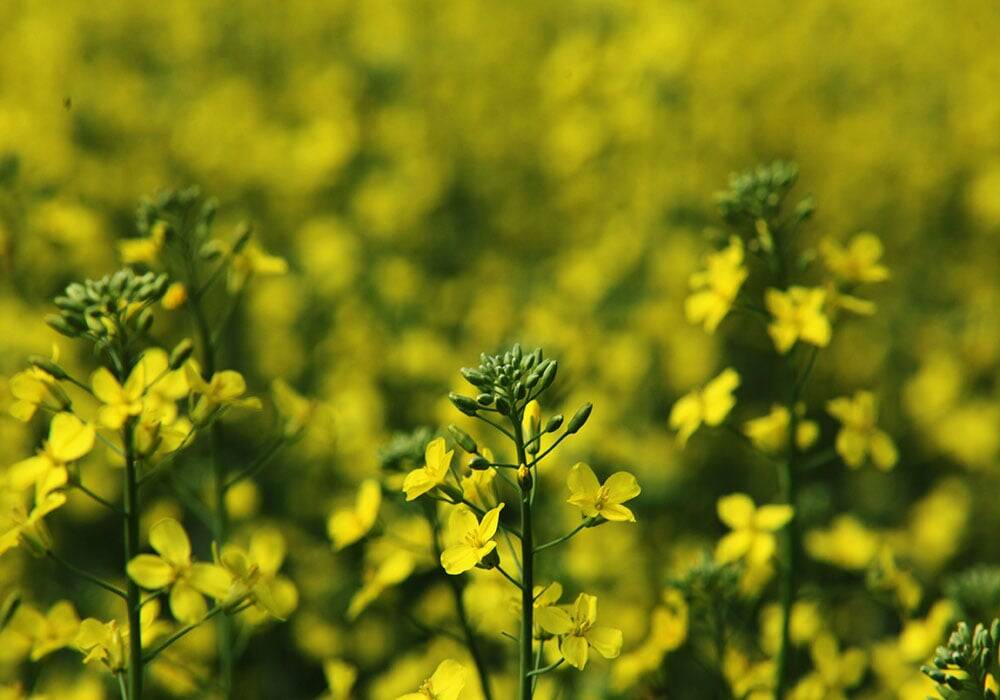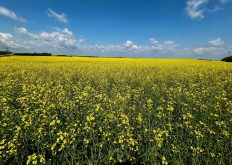Berry growers in British Columbia’s Lower Mainland have picked up federal funding for two research projects meant to help improve the sector’s competitiveness and efficiency.
The bulk of the funding pledged Wednesday will go to the Lower Mainland Horticulture Improvement Association (LMHIA) , which will get over $1.1 million under the Developing Innovative Agri-Products initiative (DIAP) for varietal research.
That includes developing new varieties, sustainable production and best practices for pest and disease management, the government said in a release Wednesday.
The LMHIA research is to focus on the Pacific Northwest climate, but the findings “will help berry growers across the country improve production efficiency,” the government said.
Read Also

Canola industry pumped about 45Z clean fuel ruling in U.S.
Canada’s canola sector is pleased with the new 45Z guidance published by U.S. Treasury.
“Developing new berry varieties is a necessary long term process to ensure the future stability of the Canadian berry industry,” the government said. “Improved qualities, such as resilience against pests and disease, will increase berry yields and allow growers to expand markets both at home and globally.”
Assessing aseptic
Another $27,182 from the Canadian Agricultural Adaptation Program (CAAP) will go to the Abbotsford Growers Co-op, through the Investment Agriculture Foundation of B.C., to assess market opportunities for aseptic processed berries.
Aseptic processing, which is meant to give processed berries a longer shelf life, will be a “green alternative to the fruit processing industry of Canada,” co-op chairman Moe Gill said in the government’s release Wednesday.
“Aseptic purees reduce the need to keep raspberries block frozen, creating significant savings to fruit processors and the environment, while continuing to offer the consumer quality raspberries.”
Berries are one of the fastest growing categories of the fresh and frozen fruit sector, fuelled by new information about their health attributes, the government said, noting B.C.’s berry industry alone has grown to reach total farm gate value of around $130 million for blueberries, cranberries, raspberries and strawberries.
“As one of the most productive raspberry and blueberry-growing regions in North America, the Fraser Valley will benefit significantly from research which will improve the already-high quality of our berry products, allowing our farmers to remain competitive and profitable,” Abbotsford MP Ed Fast said in the release.














